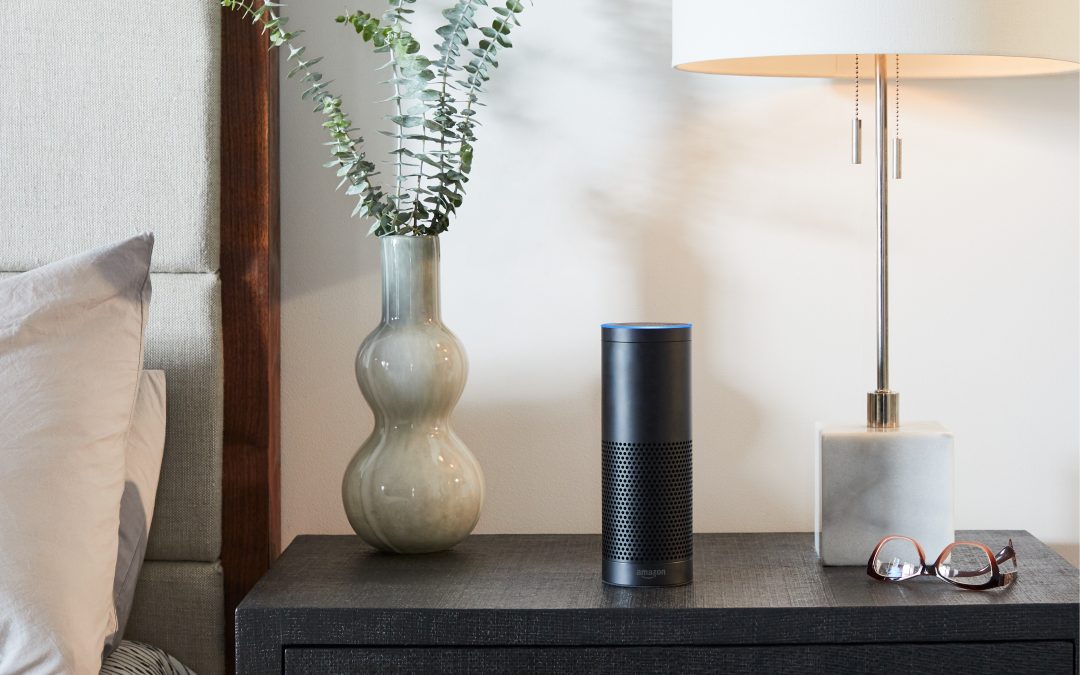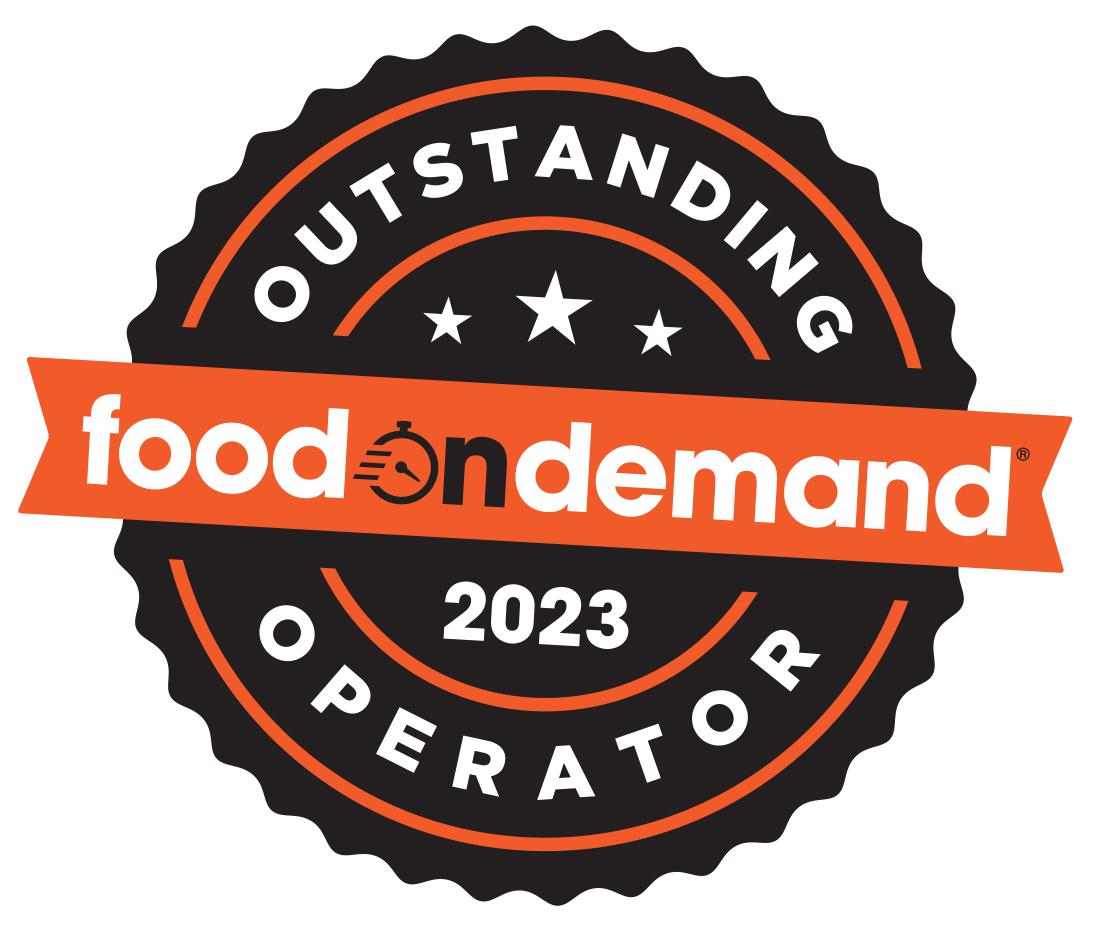This summer, Marriott International is rolling out Amazon’s version of the Echo specifically for hotel rooms. Guests can use it to call the front desk or adjust the room’s temperature and lighting, but what about ordering outside food?
“Alexa for Hospitality is a choice for our consumers to have a more seamless way to connect with our desk and with our services we provide,” said Jennifer Hsieh, vice president of customer experience innovation at Marriott International.
In other words, Alexa is just an easier way of accessing services that the hotel already offers. “If in the future a hotel has a partnership with a third-party delivery provider, and someone would typically call the front desk to order, the Alexa device is just another way to do that,” Hsieh said.
Marriott may be behind on that option. Intercontinental Hotels Group announced last year a partnership with third-party delivery service Grubhub and reservation site OpenTable. IHG reward-members receive points for using Grubhub. The Hyatt Centric brand also partnered with Grubhub in 2016, and provides its guests lists of local restaurants that delivered to the hotel.
Amazon itself offers Amazon Restaurants, its own food-delivery system in 20 U.S. cities, hinting at an even more imminent opportunity to link Alexa for Hospitality and food delivery.
The emergence of voice technology last year prompted Marriott to explore how it could be used in hospitality. “We did an initial exploration with a few partners,” said Hsieh. “From that early work we saw Amazon really work towards identifying a hospitality-appropriate version of voice technology.”
There are some possible downsides to have Alexa in the room with you: upselling and spying. Right now Alexa is just one more option, and if guests are uncomfortable having a robot-like device that talks to you in your private space, it can be easily removed, Hsieh said.
To address those fears, the hospitality version of Alexa is “mute”; guests have to activate the device if they wish to engage. Amazon also has “put in place some pretty robust methodologies” to ensure privacy, Hsieh said, including the deletion on a daily basis of guests’ recorded utterances, plus no access to these utterances by the hotel chain or Amazon.
The information Marriott does receive via Alexa are “aggregated, anonymized reports, such as ‘33 percent of your guests have asked about the location of the nearest restaurant,’” she said. This helps Marriott better understand where gaps in their services are.
Each hotel property decides whether they want to invest in Alexa for Hospitality. Hsieh declined to say what the cost is. “For hotels in Silicon Valley, it might be a really good decision, whereas hotels in really tertiary markets, they may not choose to do the investment,” she said.
As of now, guests won’t be able to connect their personal accounts to Alexa for Hospitality to access their personal music playlists or contacts. However, Hsieh pointed out, Amazon has said this is expected to happen later this year.




